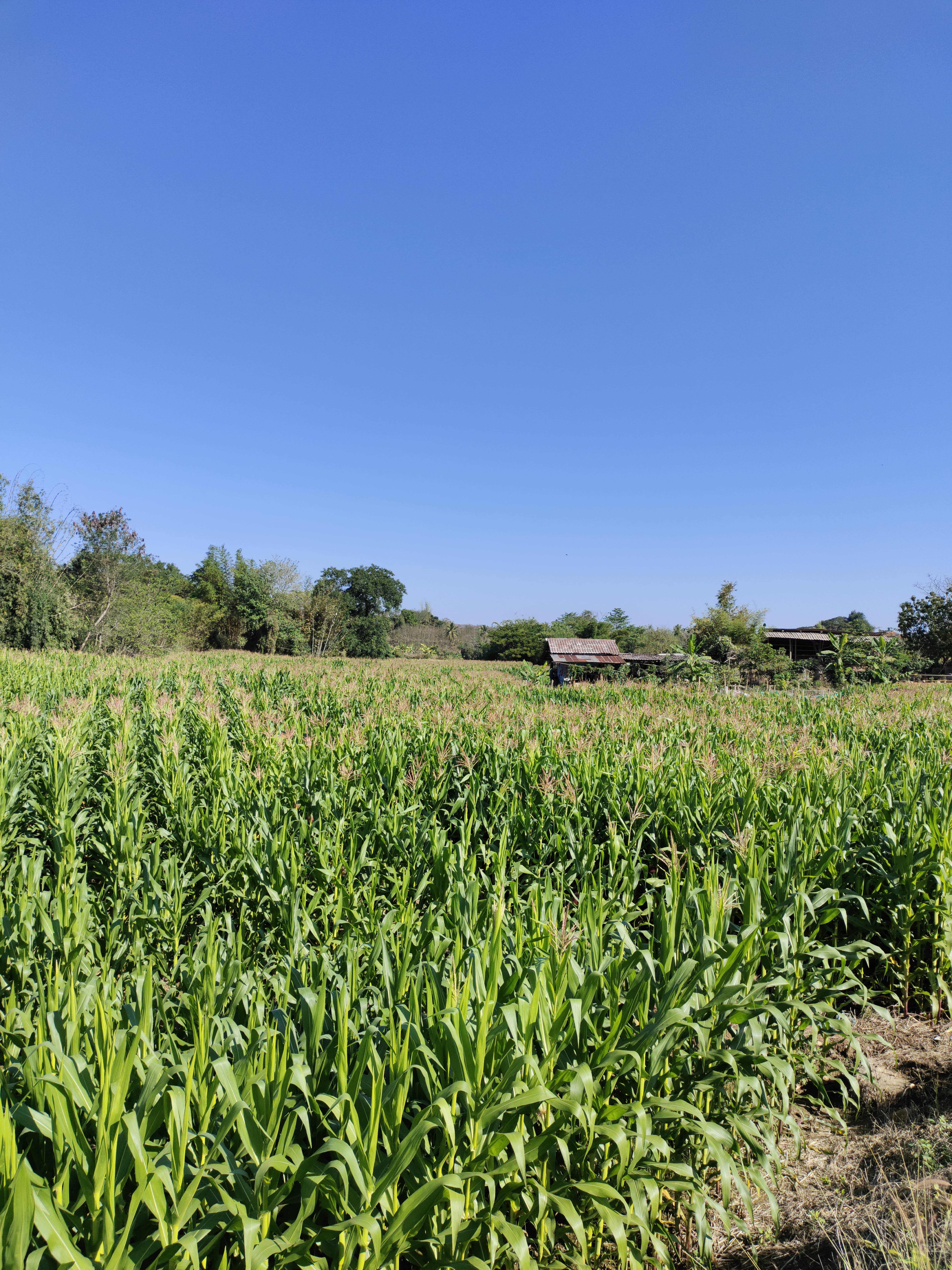Project Rationale and Linkage to Country Strategy

Agriculture remains a key sector in Thailand’s economy, with over 48% of population living in rural areas and over 30% employed in agriculture. In northern Thailand, monocropping (especially maize) has become the dominant economic activity following conversion of large tracts of forests into agricultural land. Expansion of upland maize cultivation is believed to have played a key role in deforestation and environmental problems in the project area in Nan Province located in northern Thailand. Unsustainable farming practices and over-exploitation of natural resources led to severe resource degradation, low productivity, negative health impacts, and unstable incomes.
Key Challenges
- Severe soil erosion due to crop cultivation on sloping areas without adequate soil conservation measures;
- High soil degradation resulting from monoculture
- High soil and water pollution due to sloping area and inappropriate use of fertilizers and pesticides;
- High sedimentation in water bodies, leading to low carrying capacity;
- Lack of land ownership or user rights; and
- Limited collaboration and cooperation of local ethnic groups living in upstream areas with local governments.
Climate variability and change, manifested through rising temperatures and a greater frequency of extreme weather events such as droughts and floods, is exacerbating these problems. The ethnic mountainous farmers in remote areas are directly and severely impacted by climate change. Addressing degradation of natural resources and impacts of climate change, in close cooperation with local farmers, CSOs and governments, is critical to enhance recovery and sustainability of highland communities and ecosystems.
Additional Benefits
Thailand needs to transform the trajectory of its agriculture sector from resource-intensive, unsustainable farming practices to an agriculture sector that yields high quality, safe, climate-friendly, and gender responsive agriculture products that are market competitive both domestically and internationally. The knowledge and support of the TA will aid Thailand’s efforts to:
- Accurate recovery of the socio-economy to COVID-19 impacts
- Reduce poverty, income inequality, and vulnerability to climate change
- Enhance resilience of highland communities and their ecosystems
Objectives
To strengthen the capacity of local governments and communities, especially in Nan and other highland provinces.
To train relevant staff from the Ministry of Agriculture and Cooperatives at national level, and other highland provinces such as Chiang Mai and Chiang Rai.
To address climate change and demonstrate climate-smart agriculture (CSA) practices and technologies.
Outputs
Output 1
Output 2
Output 3
Output 4
Outcome
Enhancing enabling environment for adoption of Climate-Smart Agriculture in project areas with following targets by 2025:
Outcome 1
Outcome 2
Outcome 3
Impact
The TA will focus its development efforts on reinvigorating food security in Nan Province to achieve the desired long term-impact of “improved agricultural competitiveness in the highlands” which is aligned with the Master Plan on Agriculture under the National Strategy (2018-2037) and Action Plan of Ministry of Agriculture and Cooperatives (2020-2022).